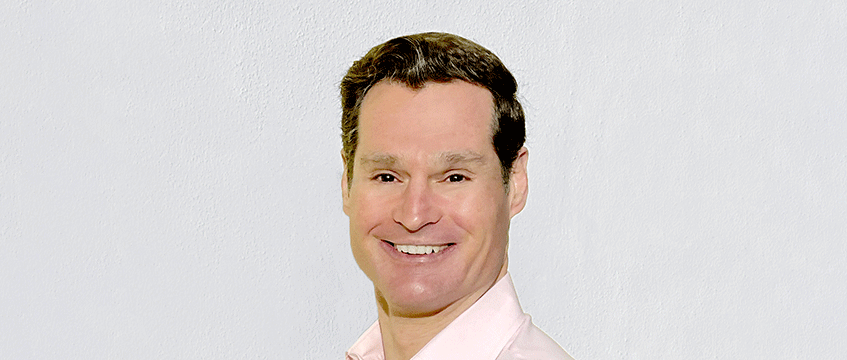COMMENT As we mark the third anniversary of the first UK lockdown this month, it’s worth reflecting on how the student sector, like many others, was forced to innovate to protect and support the wellbeing of its communities.
As soon as the first Covid-19 lockdown was announced, we at Nido were one of the first PBSA operators to move all student resources online. But the transition to a more digital-centric experience was, in fact, less dramatic for students: as digital natives they were already embedded in the digital world more so than other demographics.
Implementing a comprehensive programme of online events open to all during the pandemic demonstrated the large audience appetite for communal activities from across our portfolio and our communities. What started with digital fitness sessions and haircutting workshops – our most popular online class – eventually evolved into in-person events as well, when it was safe to do so.
IRL and URL
Three years on, we now have an established – and culturally inclusive to represent the diversity of our communities – hybrid events model which offers students the best of both IRL and URL. We also continue to add to our library of event recordings, which our students can access any time if they can’t make the live event – and this rich depth of digital content is something which has been appreciated.
One of the legacy highlights of this hybrid cultural programme is that it connected different communities together for the first time. Students from different universities, cities and even countries now have a material reason to connect with each other and bond, and many have forged friendships across borders.
Nido communities from all over Europe are also coming together to get behind purpose-led issues they feel passionately about, with Turkey fundraising initiatives currently ongoing as a recent example.
Although a focus on elevating our digital experience for students started several years ago, the pandemic accelerated our plans to integrate mobile-led technology across our buildings.
Like everyone, students almost always have their mobile phones on them – and gone are the days of having physical keys and cards. During the pandemic we innovated to house services such as contactless access, frictionless check-ins, maintenance support and parcel delivery notifications all on our app.
Leaning into technology-led innovation during the pandemic also enabled us to offer virtual viewings and live video tours with our team, which was a game changer for international residents. We also launched a new website with interactive floor plans and a more efficient booking process, with residents able to complete the journey with – using live chat – or without the support of a Nido team member.
Beyond improving the building experience for students markedly, this streamlined digital process has helped us operationally. Simplifying how students interact with the building from a user experience perspective has created more time for our on-site team to dedicate to checking in on student wellbeing.
During the pandemic we partnered with clinical psychologist Tara Quinn Cirillo, who has become an invaluable resource for our students and has helped us to normalise conversations about health, anxiety and financial wellbeing. Students have really opened up over the past two years and voiced their concerns to Dr Tara, who has created a toolkit to help students cope with the challenges they are facing at the moment, such as the cost-of-living crisis, in addition to providing them with coping skills which they can use for their entire adult lives.
Evolving needs
You need to be alive to the shifting sentiment amongst your communities – and proactively address it with data-backed decisions. Regular surveys revealed that more than 40% of students were worried about the cost of living.
While historically peripheral collaboration tools are now taking centre stage to connect people virtually, nothing can beat in-person experiences. And Gen Z communities are relying on these physical encounters to build and establish friendships.
Having a variety of thoughtfully designed shared spaces for students, such as games rooms, study areas, screening rooms and roof terraces, is a critical tool in bringing the community together and really does facilitate personal connection. We invest in cultural programming to enliven these spaces, and by doing so through movie nights and breakfast mornings for example, there is always a reason for people to meet, should they wish to join in.
From a mental and physical wellbeing perspective, the more students interact with each other in person, the more they can learn about different cultures and how others are dealing with shared personal issues – university is about the life experience, not just the lectures.
Businesses which truly focus their service around, and listen to, their customers, will always create the most authentic and positive experiences. The industry has come a long way over the past three years – and I’m excited to see how we continue to adapt around students’ evolving needs.
Darren Gardner is chief operating officer at Nido











